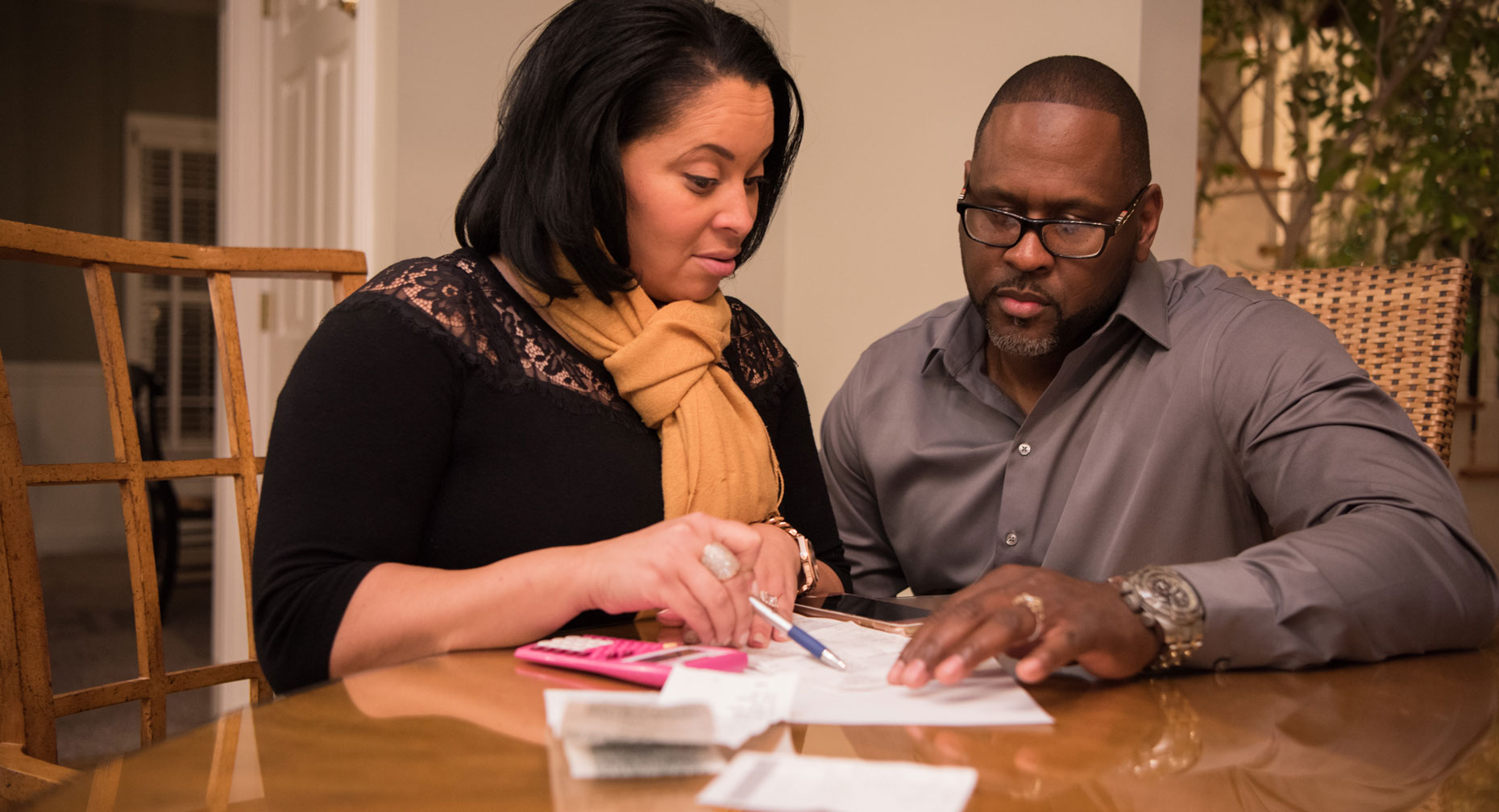Get a Handle on Stress

Answer a few questions and we'll provide you with a list of primary care providers that best fit your needs.
Stress is something we all experience — and we all react to it differently. Stress is the way we feel when we are faced with a challenge or a threat.
You can experience stress from good things, like having a baby or starting a new job, and bad occurrences, such as the death of a loved one, says MedlinePlus.
What is Stress?
Stress is a normal feeling, but it can get out of control. There are two different kinds of stress:
Acute stress. This is the most common form of stress. Acute stress is a short-term feeling that happens when you slam on the brakes while driving or when you anticipate the demands of your day. Acute stress can be energizing in small doses, but too much may exhaust you.
When you start to experience negative reactions to the stress in your life, that’s a sign that it’s time to make some changes.
Chronic stress. Any type of stress that last for weeks or months is called chronic stress. You may feel chronic stress if you are dealing with trouble at work or problems in your marriage — or other situations in which you feel you have no control. Because our bodies are hardwired to automatically manage stress, you may not even realize the constant stress is an issue.
What isn’t normal is when our bodies are always on edge from stress. When we undergo stress, our bodies release hormones called corticosteroids. These hormones help us react quickly in dangerous situations.
Long-term exposure to corticosteroids, however, can lead to health problems such as high blood pressure, a weakened immune system and mental health concerns. Stress affects the body in many different ways, but you can learn how to manage stress to reduce its impact on your health, says Womenshealth.gov.
Life Causes Stress
A wide range of activities and situations can cause stress in your life. These stressors are different for everyone. Often, the cause of stress revolves around:
 Constant, rapid change
Constant, rapid change- Financial worries
- Major life events (marriage, having a baby)
- Juggling many roles and responsibilities
- Jumping from one situation to the next with no break in between
- Trying to keep up with expectations created by modern technology (email, smart phones, texts, social media)
Often, more than one stressful event occurs at the same time, such as dealing with a family illness while changing jobs. Specific common sources of stress include:
- Getting married or divorced
- Starting a new job
- The death of a spouse or close family member
- Getting laid off
- Retiring
- Having a baby
- Money problems
- Moving
- Having a serious illness
- Problems at home or work
Know the Symptoms of Stress
When you start to experience negative reactions to the stress in your life, that’s a sign that it’s time to make some changes.
Even if you don’t think you are over-stressed, your body may be sending you warning signals. The American Psychological Association advises that if you experience any of these symptoms, be sure to listen to your body and talk to your doctor about ways to take better care of yourself.
Negative reactions to stress can include:
- Headaches, muscle tension, neck or back pain
- Upset stomach
- Dry mouth
- Chest pains, rapid heartbeat
- Difficulty falling or staying asleep
- Fatigue
- Not eating or eating too much
- Increased frequency of colds
- Lack of concentration or focus
- Memory problems or forgetfulness
- Feeling like you have no control
- Needing to have too much control
- Jitters
- Irritability
- Short temper
- Anxiety
Are You Over Stressed?
If you’re not sure whether you’re stressed, take this quiz to understand how you respond to stressful situations.
In addition, consider these questions about how you react when you are under stress:
- Do minor problems and disappointments upset you excessively?
- Do the small pleasures of life fail to satisfy you?
- Are you unable to stop worrying?
- Do you feel inadequate or suffer from self-doubt?
- Are you constantly tired?
- Do you experience flashes of anger over minor problems?
- Have you noticed a change in sleeping or eating patterns?
- Do you suffer from chronic pain, headaches or backaches?
If you answered “Yes” to several of these questions, talk with your doctor about ways to reduce or control your stress.
While stress is a natural reaction, chronic stress causes wear and tear on the body that can lead to more serious health problems. It’s important to take steps now to control your stress and make you feel better. Doing so may protect your health in the long-term, too.
Answer a few questions and we'll provide you with a list of primary care providers that best fit your needs.
Source: Samaritan Behavioral Health; American Psychological Association; MedlinePlus; Department of Health and Human Service’s Office on Women’s Health/Womenshealth.gov



.tmb-card-head.webp?sfvrsn=680c0961_9)
